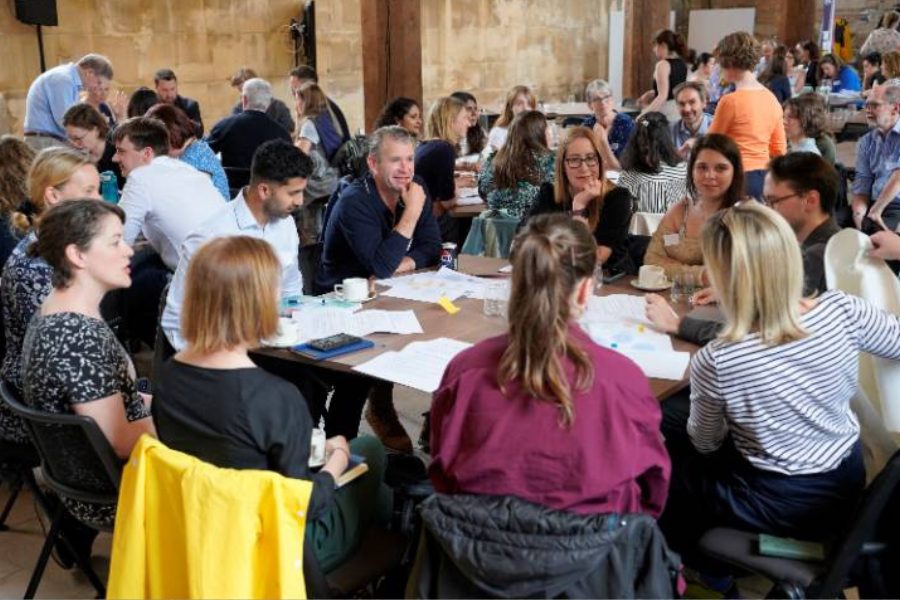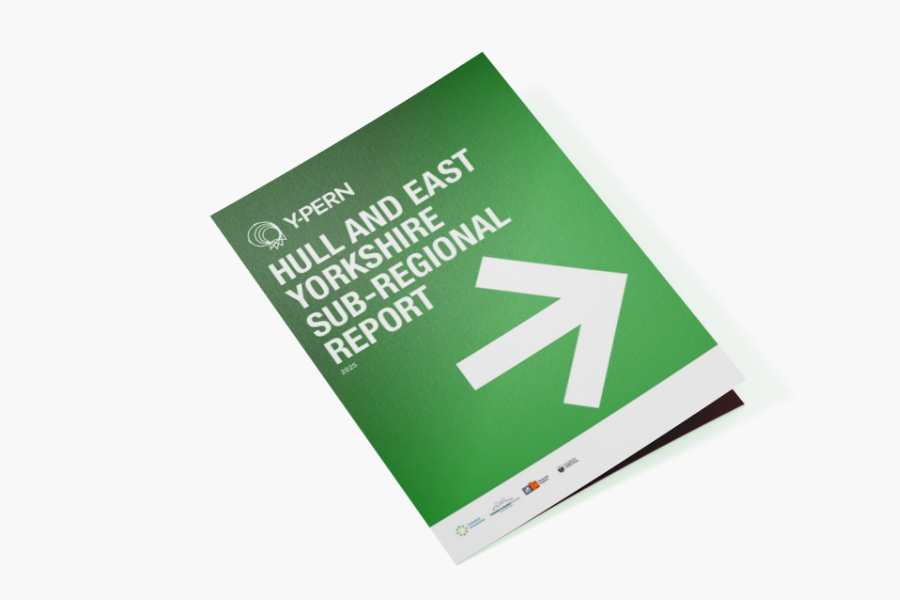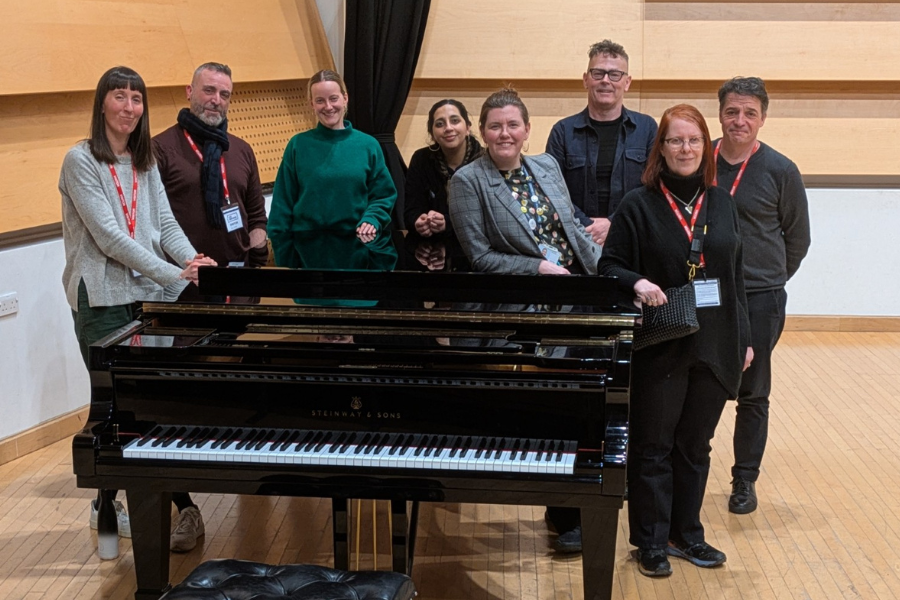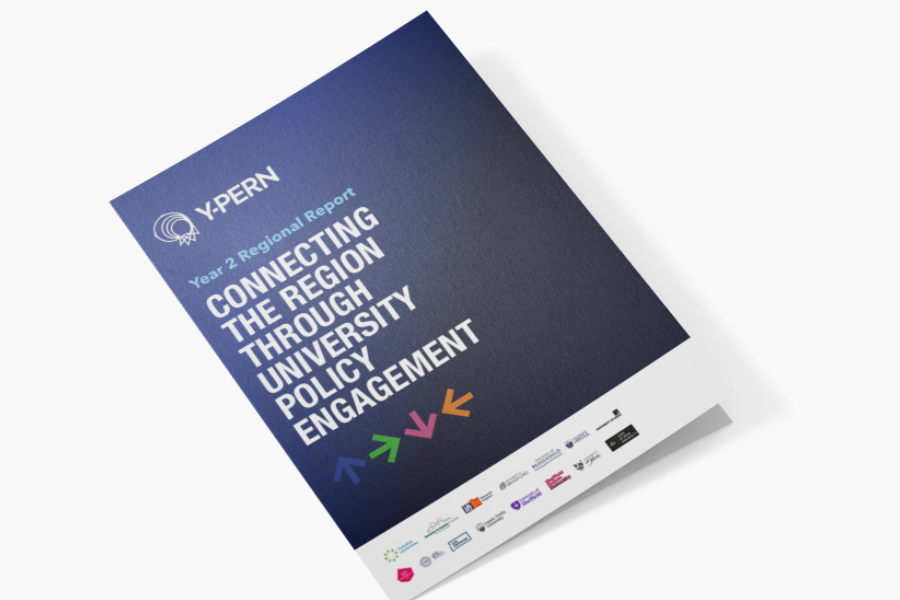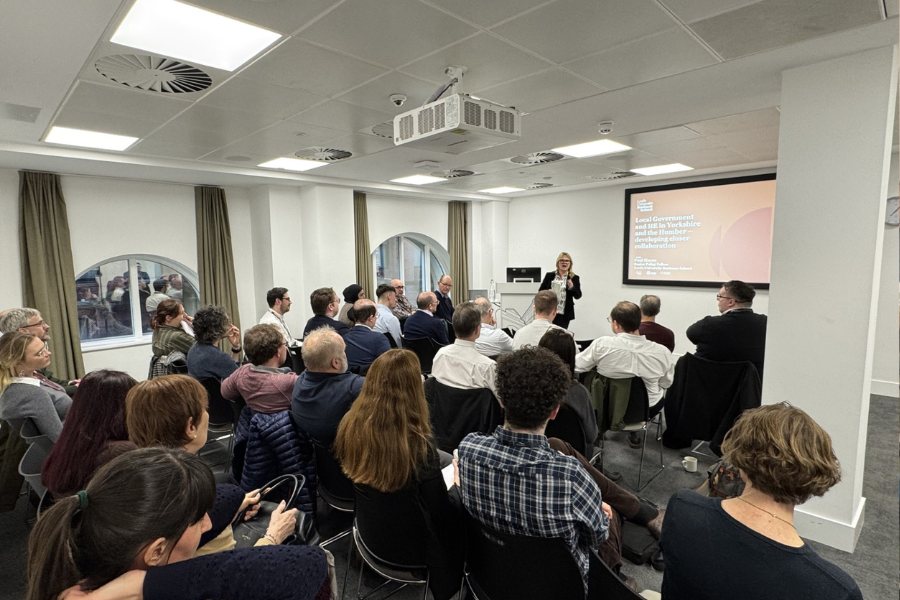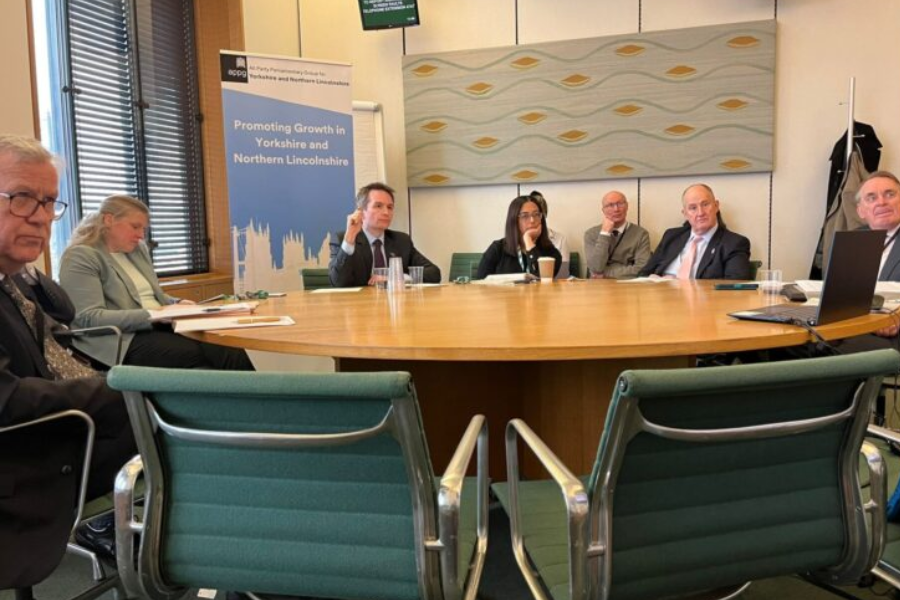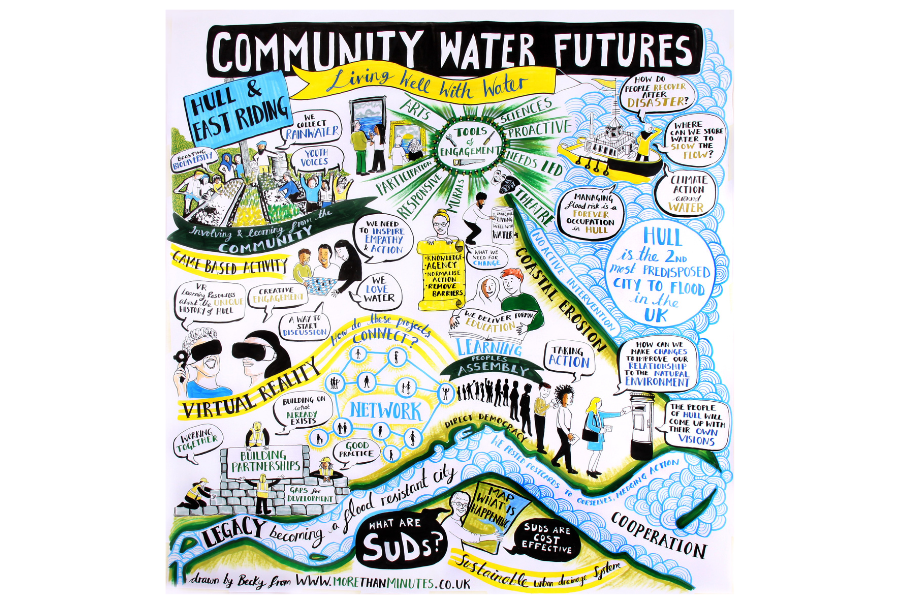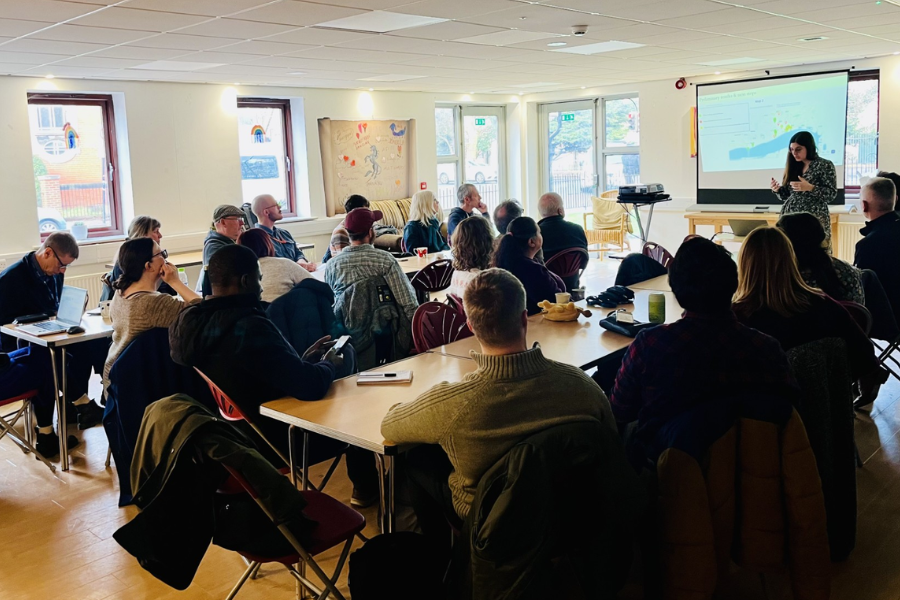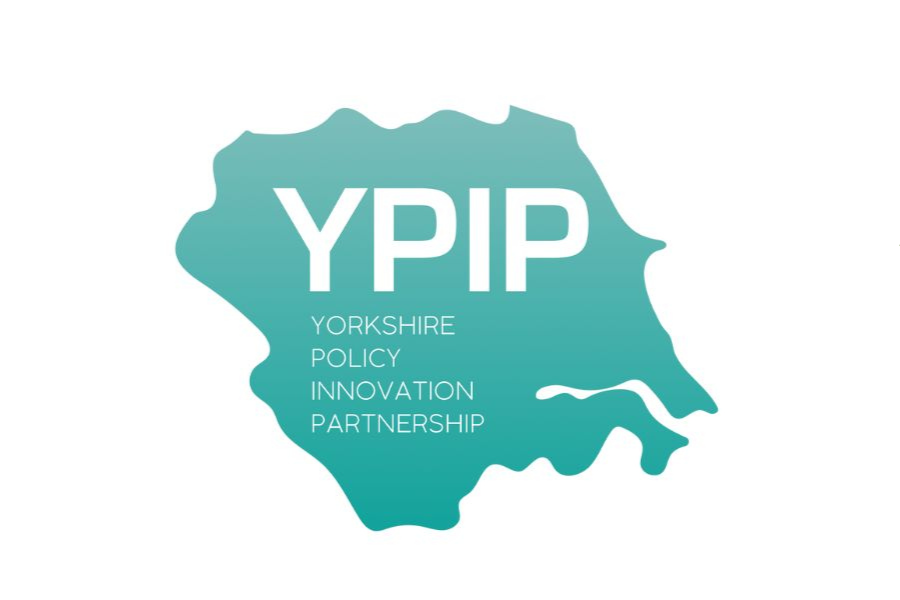A £5.9 million fund has been awarded to universities in Yorkshire and the Humber, which jointly co-lead a national network aimed at enhancing place-based academic policy engagement.
The £5.9 million award to Universities Policy Engagement Network (UPEN) provides a fantastic opportunity to draw out Y-PERN’s valuable learnings in co-production with UPEN on matters such as the diverse role a policy fellow plays, and the unique contributions of each individual university.
UPEN provides a platform for decision-makers to access relevant academic research as they seek to improve services for the public. That work can now be scaled up following a £5 million award by Research England to ten UPEN universities across the UK.
The investment will see UPEN evolve from a voluntary network into a sustainable organisation that connects policymakers with researchers from more than 110 university members.
The funding is supported by an additional £582,000 from UK Research and Innovation and £300,000 from the Economic and Social Research Council (ESRC).
Professor Andrew Brown, Y-PERN Academic Director and Professor of Economics and Political Economy at Leeds University Business School, is one of three UPEN co-chairs.
Professor Brown said:
“The new UPEN investment will be another vital step in facilitating the use of academic research capacity for policy across the UK. I am particularly pleased that it builds on the network approach pioneered at a regional scale by Y-PERN.”
Members of the UPEN National Executive Committee also include Kayleigh Renberg-Fawcett, Senior Programme Manager at Y-PERN and Dr Andy Mycock, Y-PERN Chief Policy Fellow.
With a renewed government focus on an evidence-based approach, UPEN will unite the research and innovation ecosystem
Professor Nick Plant, University of Leeds
Over the next four years, UPEN will undertake a programme of work including:
- Improving UK universities’ ability to engage with policy organisations and policymakers.
- Supporting place-based policymaking by strengthening engagement between universities, regional and local policy organisations.
- Embedding citizen engagement and community-driven approaches to policymaking.
- Creating more sustainable and resilient engagement models.
Professor Dame Jessica Corner, Executive Chair of Research England, said: “The need for reliable evidence which can inform public debate, and policy has never been greater.
“With increasing pressure on public finances, it is also vital that local and central governments can be confident that their policy interventions will be effective and successful – and academic expertise has a crucial role to play in that process.”
Professor Nick Plant, Pro-Vice-Chancellor: Research and Innovation at the University of Leeds, said: “This funding will further support our community of researchers to work with policymakers to generate the evidence base required to address the complex challenges facing society today.
“With a renewed government focus on an evidence-based approach, UPEN will unite the research and innovation ecosystem, offering a wealth of academic insight and experience to inform policy decisions and improve outcomes.”
The investment sees the Universities of Birmingham, Leeds, Cambridge, Durham, Huddersfield, UCL, Nottingham Trent, Southampton, Teesside, Insights North-East and the Wales Centre for Public Policy at Cardiff University all working collaboratively to strengthen evidence-informed policymaking.
UPEN will also work with the Institute for Community Studies, the Institute for Government and Yorkshire Universities. The organisation will bring together our Yorkshire and Humber regional networks, including Yorkshire Policy and Innovation Partnership (Y-PIP) and The NIHR Applied Research Collaboration Yorkshire and Humber.
We hope that together, we will draw upon our collective experiences to strengthen engagement between academic institutions and policymakers, ensuring that evidence shapes effective public policies.
UPEN is a UK-wide network of organisations who support evidence use in public policymaking. It provides an interface between universities and local, regional, and national policy organisations. It is hosted by UCL within UCL Public Policy, and co-chaired by Sarah Chaytor, Director of Policy and Strategy at UCL, Andrew Brown, Professor of Economics and Political Economy at the University of Leeds and Chris Hewson, Head of Policy Engagement at the University of Huddersfield.
For UPEN enquiries, contact [email protected]

